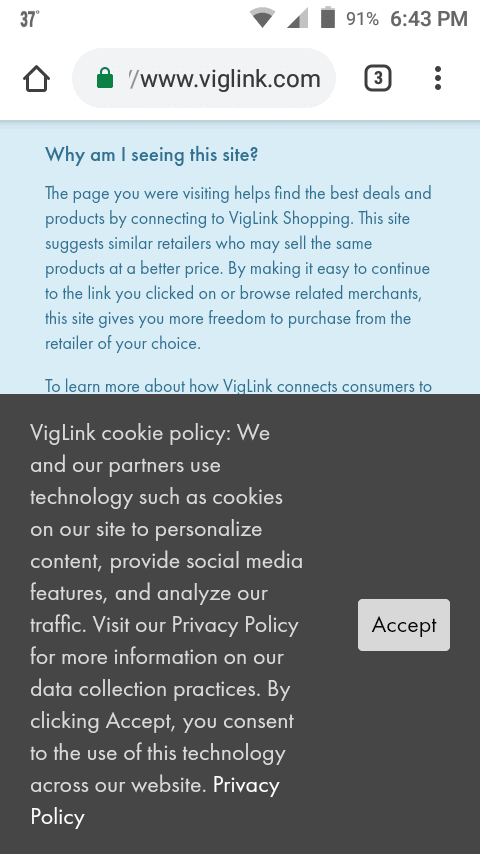Do you know what a roku or fire stick is?... sounds like you only know how to stream from a desk topNo, it is not.I did a VPN into my workplace and configured my 0.0.0.0 traffic to go through the VPN tunnel and none of my ads changed. Just to put a nail in the coffin of your argument, I confirmed that the Internet IP address that I was identified as having was my workplace firewall IP address and not my home firewall IP address. I would also point out that where Google maps defaulted to on my VPN connection was 50 miles away because the IP address is geolocated there (work is 9 airline miles from me but still 50 miles from its geolocation). IP addresses are pretty much useless outside of geolocation purposes and they aren't always very good at that.
If IP addresses were the key, everyone in the house (or my office campus) would see the same ads because we all share a common IP address but that's not the case. IPv6 doesn't change any of that (yet).
If I log in to Netflix or Amazon Prime, I'm presented with my watch list because Netflix and Amazon Prime associate those lists with my login, not my IP address. If I browse the Internet from different computers/devices I get different ads because each computer/device has a different set of cookies.
You should test your theories before you proclaim them as irrefutable evidence.
If you don't think cookies have any influence on your web experience, try firing up a browser that you don't use, clear all of its cookies and set out on an entirely new view of the web.
Sent from my SM-G950U using the SatelliteGuys app!


